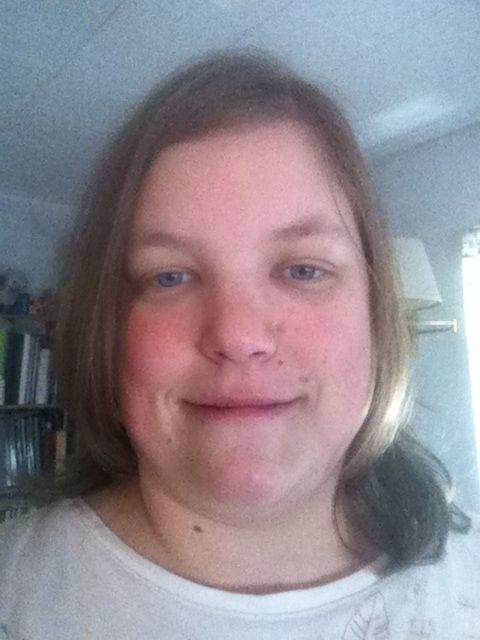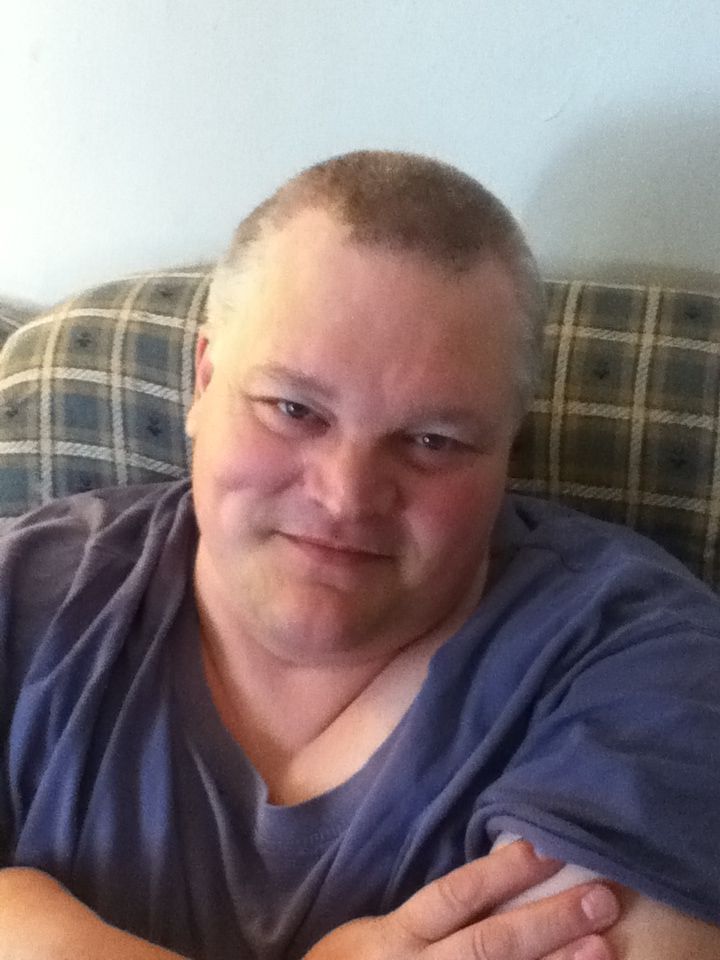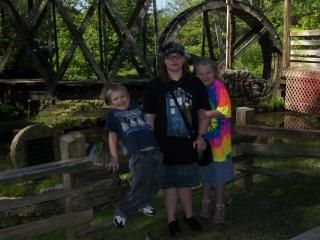 About the Book:
About the Book:
There’s hope for childhood. Despite a perfect storm of hostile forces that are robbing children of a healthy childhood, courageous parents and teachers who know what’s best for children are turning the tide.
Johann Christoph Arnold, whose books on education, parenting, and relationships have helped more than a million readers through life’s challenges, draws on the stories and voices of parents and educators on the ground, and a wealth of personal experience. He surveys the drastic changes in the lives of children, but also the groundswell of grassroots advocacy and action that he believes will lead to the triumph of common sense and time-tested wisdom.
Their Name Is Today takes on technology, standardized testing, overstimulation, academic pressure, marketing to children, over-diagnosis and much more, calling on everyone who loves children to combat these threats to childhood and find creative ways to help children flourish. Every parent, teacher, and childcare provider has the power to make a difference, by giving children time to play, access to nature, and personal attention, and most of all, by defending their right to remain children.
You can purchase a copy at Plough.
 About the Author:
About the Author:
People have come to expect sound advice from Johann Christoph Arnold, an award-winning author with over a million copies of his books in print, in more than twenty languages. A noted speaker and writer on marriage, parenting, education, and end-of-life issues, Arnold is a senior pastor of the Bruderhof, a movement of Christian communities. With his wife, Verena, he has counseled thousands of individuals and families over the last forty years, as well as serving as an advisor at several innovative private schools.
Together with paralyzed police officer Steven McDonald, Arnold started the Breaking the Cycle program, which brings the positive answer of nonviolent conflict resolution and forgiveness to schools, to counteract the fear of school shootings, as well as gang violence and bullying that affects children, teachers, and parents. Promoting reconciliation, he has spoken with students at hundreds of public schools. This work has also brought him to conflict zones from Northern Ireland to Rwanda to the Middle East. Closer to home, he serves as chaplain for the local sheriff’s department.
Arnold’s message has been shaped by encounters with great peacemakers such as Martin Luther King Jr., Mother Teresa, Dorothy Day, César Chavez, and John Paul II.
Born in Great Britain in 1940 to German refugees, Arnold spent his boyhood years in South America, where his parents found asylum during the war; he immigrated to the United States in 1955. He and his wife have eight children, forty-four grandchildren, and one great-grandchild. They live in upstate New York.
My Opinion:
I wanted to really like this book – after all I do believe all children are precious, although there are some that I would rather not be around or have my children around – but yes, they are all precious and should be respected for the individuals they are. I read this book through a Christian, homeschool viewpoint so reading this book which touted teachers as great beings in our children’s lives was hard to read. Now don’t get me wrong, I’m not saying teachers aren’t great, because I had a few good teachers during my time in public and private school but a quote from a teacher, “These are the parents who worry me the most – parents who won’t let their child learn. You see, teachers don’t just teach reading, writing, and arithmetic. We teach responsibility, organization, manners, restraint and foresight”. So in essence teachers teach the things that parents are supposed to – in all my years in a brick and mortar school not one of my teachers, even the good ones, taught anything but the subjects they were required to teach, because it was the parents job to teach the other stuff, thankfully I had parents who did teach my siblings and I those things and cared, not every child gets that.
Mr. Arnold also calls for no screen time, admitting his own children didn’t learn typing until they were in middle school and then they still had to rely on the library for their sources when writing papers – the internet wasn’t allowed. Televisions are also a no-no as are electronic reading devices, tablets, video games and so on – in our house the television is not just used for entertainment it is used also as an educational tool for watching documentaries on periods of history that we are studying, active video games are used for physical fitness when the weather here doesn’t permit a lot of time outside. I’m all for limiting access to technology – the T.V. is off for the greater part of our days and we don’t plan our schedules around it and my children know how to interact with all ages. I’m sure that for some families the television and ‘screen time’ as it’s called in the book are bad things for some children and in my experience that is usually the children who are enrolled in a brick and mortar school, it is not so much true for those who have chosen to home educate.
It seems that Mr. Arnold has a more liberal view on raising children, he advocates discipline and consequences but then also goes on to say that parents should never use a negative attitude toward children. If a child does something wrong we should not say that we are disappointed in their choice or show any sort of negative reaction because then said child may begin to act out – the child should feel only love, “happiness and security, generosity and optimism” – to me that is not correct as the child is going to become an adult at some point and not everyone is going love them, make them happy, provide security so shouldn’t within reason children learn to deal with these feelings with their parents? “After parents, the relationship of greatest influence is often that of child and teacher”, and then he quotes Carl Jung (quite a few of the quotes are from those who were liberal in their views) – shouldn’t the single most greatest influence be us, the parents? I understand, unfortunately, not all children are born into families where they are wanted or loved or educated, but in a perfect world the greatest influence should be the parents and of course the Lord. Mr. Arnold though, as I have learned lives within a closed community called the Bruderhof and all children go to the community’s school – so I’m sure the teachers there are lovingly and carefully picked, but that type of setting is not replicated within the outside societies schools.
I’m sad to say that I really didn’t find anything that I totally agreed with in his book, I don’t believe that teacher’s are somehow above the parents (although the government would love us to believe that, and some have), I don’t believe taking away all screen time is valuable or conducive in today’s world (if so my oldest would have missed out on writing her first novel) – although I do agree with him that there are children who are unloved, left alone, scared and floundering in the world – but they also flounder just as much in schools (ask me how I know) as they are left behind in a system that has failed them both in school and at home. This book may be a great one for those whose children are in school for 9+ hours a day, for a teacher who works in a brick and mortar school, but for this mom who loves her children, corrects them as needed, brings them up in knowing the Lord and also educates them this book just rubbed this mom the wrong way.

(c) 2014, Sarah Bailey/Growing for Christ, All Rights Reserved, Unauthorized Duplication is a Violation of Applicable Laws







